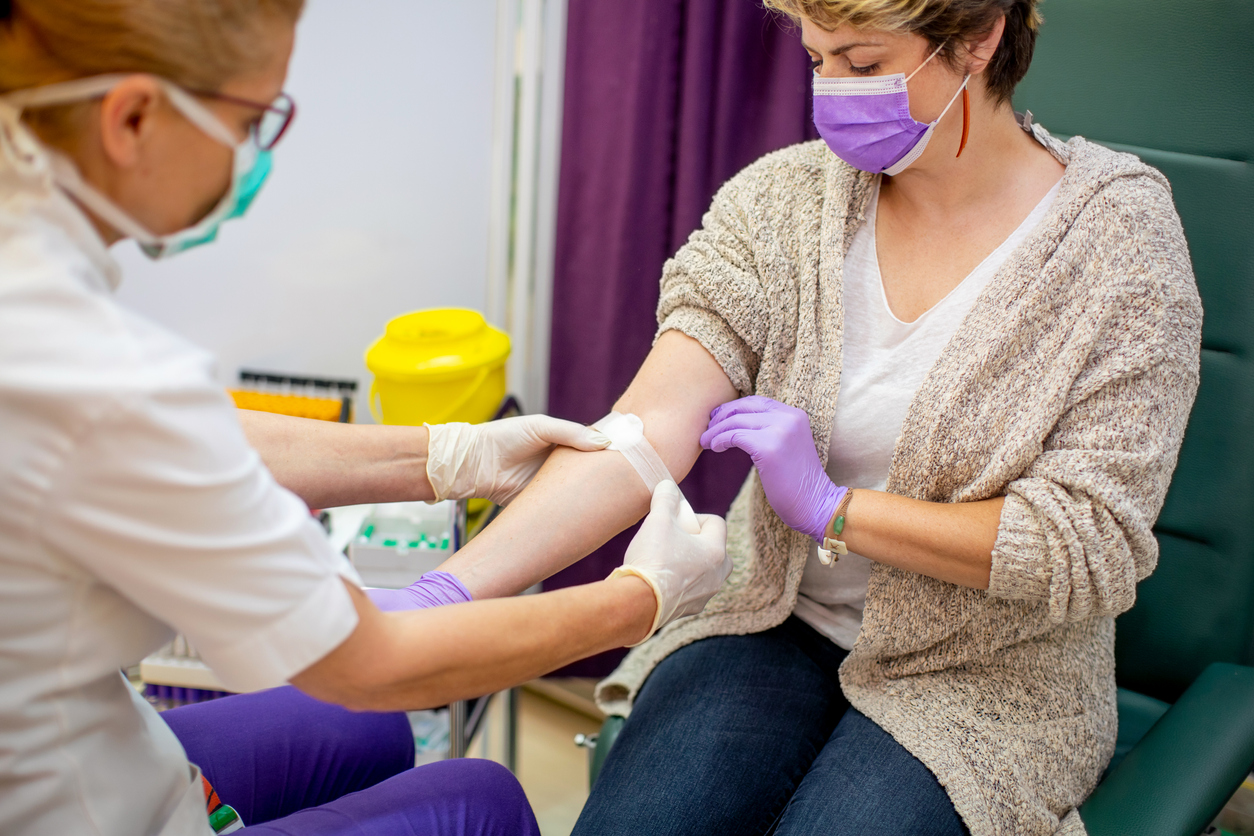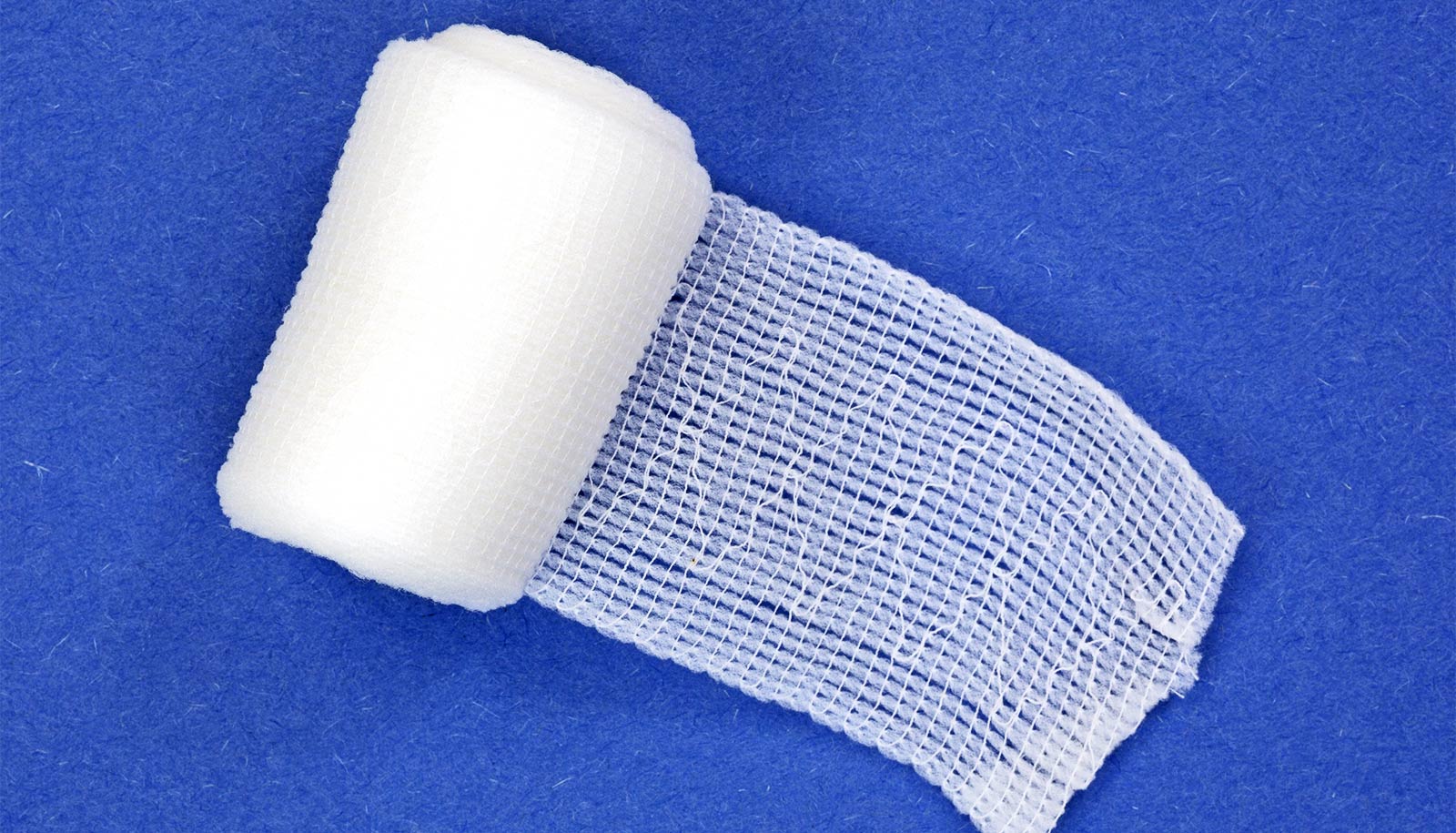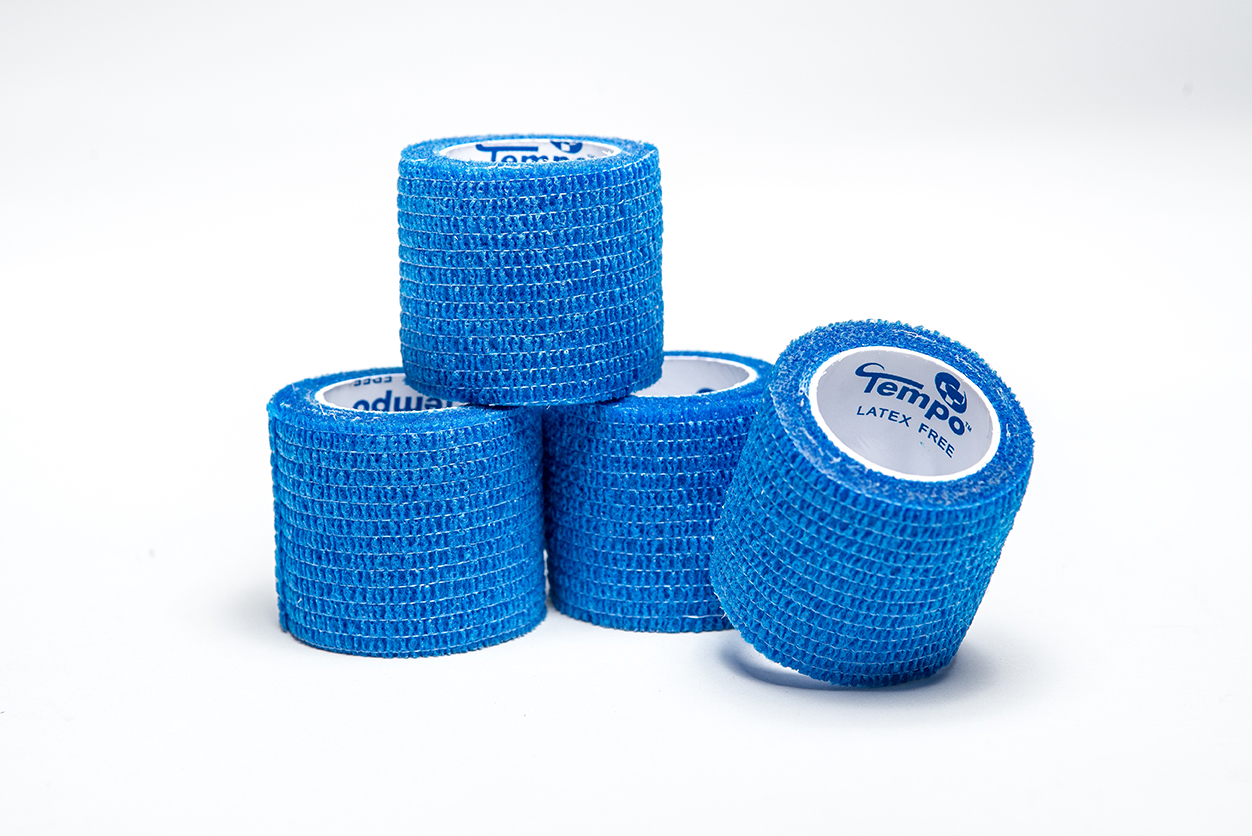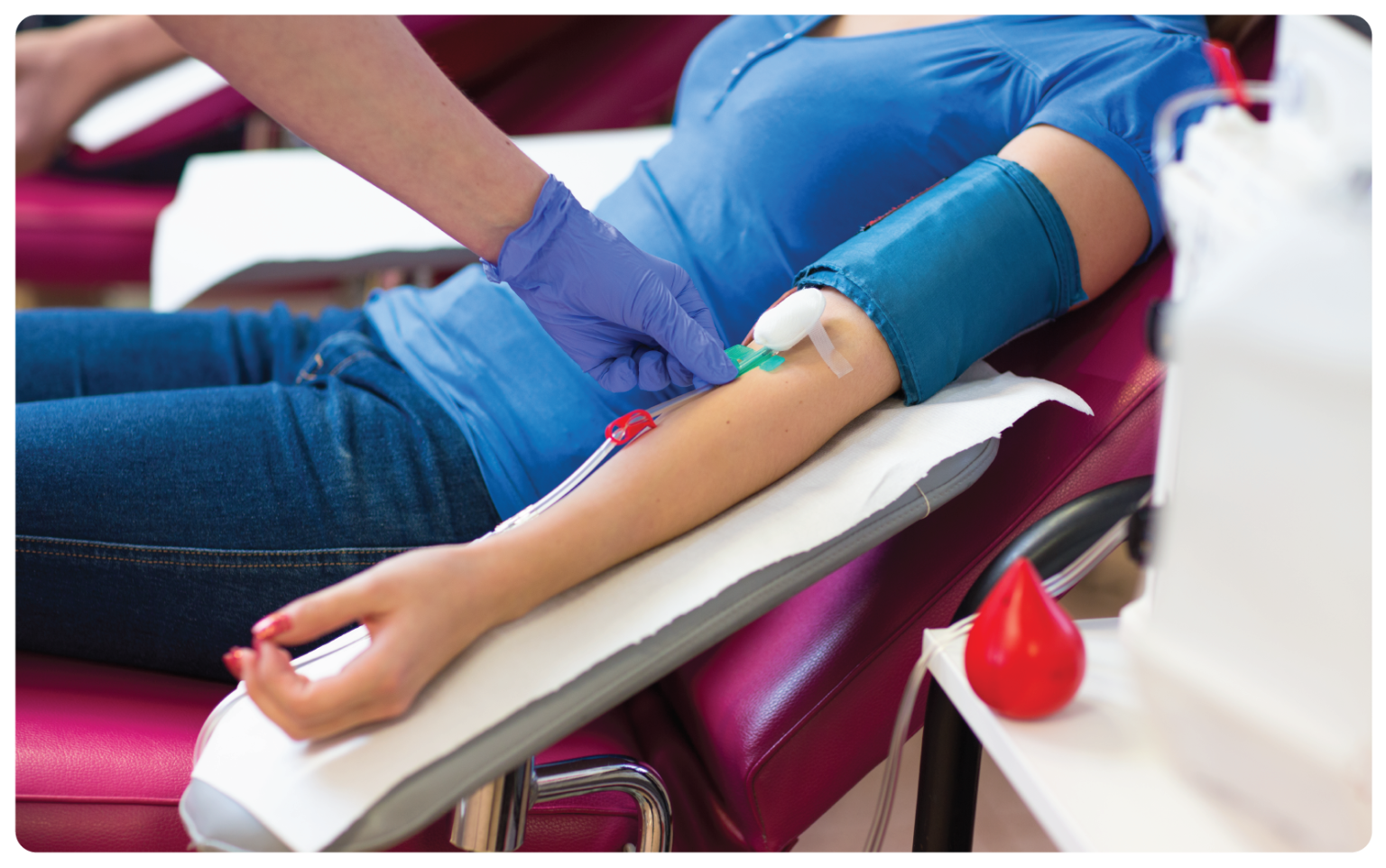Blood Draw Bandage
Blood Draw Bandage - This handout explains what to do if you have a hematoma after having a blood draw. What to expect after the blood draw. When you get a blood test, it's possible that you could be left with a bruise. Web the provider will collect a few drops of blood and put a bandage on the site. Web you had blood drawn to treat a blood disorder. For adult patients, the most common and first. Blood from arteries has higher levels. Web additionally, using a bandage can help maintain steady pressure over time, protecting the surrounding tissue and reducing the chances of experiencing hematomas, which can. Web once enough blood has been drawn, the technician will remove the needle and place a small bandage over the area. Leave the bandage on for at least 20 minutes to prevent swelling and bruising. Talk with your health care provider about how often you will need to. You may need to schedule this procedure on a regular basis. Web they prep your site by cleaning the area—they usually draw blood from the inside of your elbow. What is a blood draw? What to expect after the blood draw. A bruise may appear after a blood draw if small blood vessels get damaged when the needle gets inserted or if there isn’t. Doing this can make the veins in your arm stick out more, which. If you have any concerns or questions, be sure to ask your doctor. A hematoma is a swollen area that is. This handout explains. What to expect after the blood draw. Talk with your health care provider about how often you will need to. The first step in drawing blood correctly is to identify the appropriate veins to puncture. A bruise may appear after a blood draw if small blood vessels get damaged when the needle gets inserted or if there isn’t. When you. This test is done to measure oxygen levels. This handout explains what to do if you have a hematoma after having a blood draw. If you have any concerns or questions, be sure to ask your doctor. Web lastly, they will then place a bandage over the site in case there is any additional bleeding. Talk with your health care. Web here is a basic guide: For adult patients, the most common and first. Web after the bleeding has stopped, a bandage will be placed over the draw site. Leave the bandage on for at least 20 minutes to prevent swelling and bruising. Web the provider will collect a few drops of blood and put a bandage on the site. What is a blood draw? Leave the bandage on for at least 20 minutes to prevent swelling and bruising. Talk with your health care provider about how often you will need to. When you get a blood test, it's possible that you could be left with a bruise. If you have any concerns or questions, be sure to ask your. This handout explains what to do if you have a hematoma after having a blood draw. Web here is a basic guide: Learn how it can happen, and what to do if. When you get a blood test, it's possible that you could be left with a bruise. A bruise may appear after a blood draw if small blood vessels. For adult patients, the most common and first. After your blood draw, applying pressure to the site is crucial for preventing excessive bleeding and promoting clotting. Leave the bandage on for at least 20 minutes to prevent swelling and bruising. Web in general, you should keep the bandage on for at least four hours and no longer than 24 hours.. Blood from arteries has higher levels. Web additionally, using a bandage can help maintain steady pressure over time, protecting the surrounding tissue and reducing the chances of experiencing hematomas, which can. Web the provider will collect a few drops of blood and put a bandage on the site. What is a blood draw? What to expect after the blood draw. You may need to schedule this procedure on a regular basis. Web in general, you should keep the bandage on for at least four hours and no longer than 24 hours. A bruise may appear after a blood draw if small blood vessels get damaged when the needle gets inserted or if there isn’t. Web leave the pressure bandage on. A hematoma is a swollen area that is. If you have any concerns or questions, be sure to ask your doctor. The first step in drawing blood correctly is to identify the appropriate veins to puncture. Web after the right amount of blood is drawn, the nurse will remove the needle and place a pressure bandage (bandage that wraps around your arm) over the needle site (the. Web you had blood drawn to treat a blood disorder. Then they place a needle into an accessible vein and use vacuum. You may need to schedule this procedure on a regular basis. Web once the required amount of blood has been collected in the tube, the phlebotomist will remove the needle and apply pressure to the site to stop any bleeding. Web leave the pressure bandage on your needle site for 3 to 6 hours after your procedure. After your blood draw, applying pressure to the site is crucial for preventing excessive bleeding and promoting clotting. In venous blood sampling, a needle is inserted into a vein to collect a sample of. Web after the bleeding has stopped, a bandage will be placed over the draw site. A blood draw involves collecting a small sample of blood, usually from a vein in your arm, for testing in a. Avoid activities that may strain the arm used during your procedure (such as. When you get a blood test, it's possible that you could be left with a bruise. Leave the bandage on for at least 20 minutes to prevent swelling and bruising.
How To Draw Blood A StepbyStep Guide Nurses News Hubb

Applying adhesive bandage after taking sample for blood test — Stanford

Blood Draw YouTube

Bandage speeds blood clotting and doesn’t stick LaptrinhX

CoEase® Cohesive Bandage Tempo Medical Products

How to draw blood from a patient’s vein as painlessly as possible

blood draw Clinical Research Glossary

How To Draw Blood Painless & Effortless Drawbridge Health

Getting Your Blood Drawn What You Need to Know One Medical

Adhesive Bandage on Woman Arm after Blood Drawing, Health Care C Stock
A Bruise May Appear After A Blood Draw If Small Blood Vessels Get Damaged When The Needle Gets Inserted Or If There Isn’t.
Blood From Arteries Has Higher Levels.
This Test Is Done To Measure Oxygen Levels.
This Handout Explains What To Do If You Have A Hematoma After Having A Blood Draw.
Related Post: